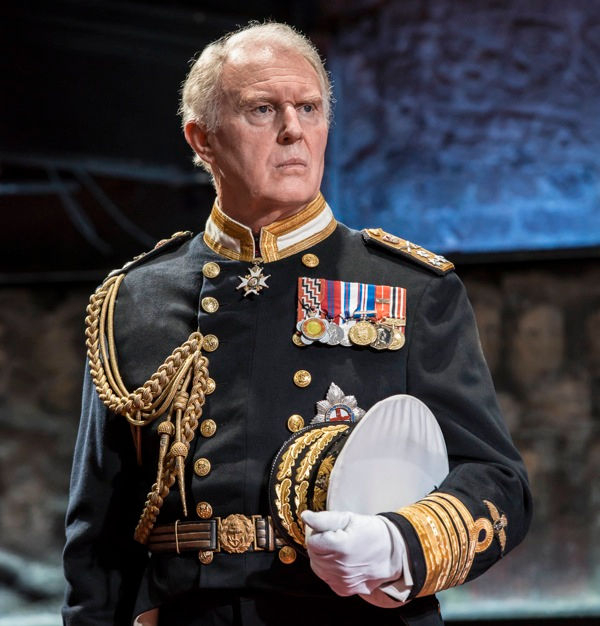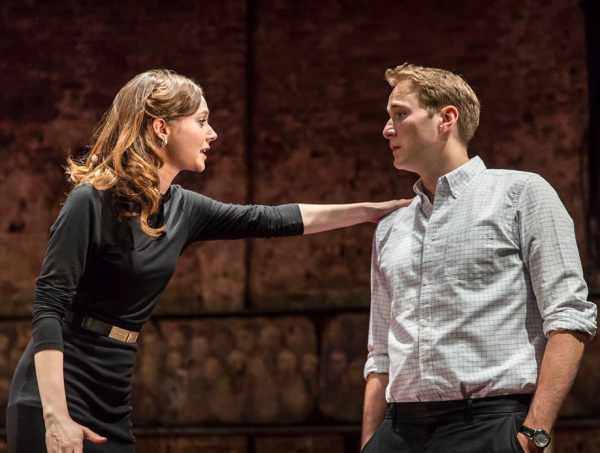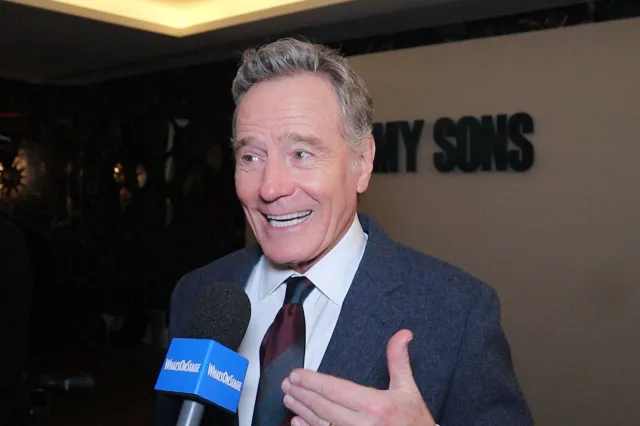
The title's not a typo, nor an act of treason. Mike Bartlett's speculative history play, written in mostly blank verse, Shakespearean iambics, and lavishly directed by Rupert Goold, begins with a sombre "Agnus Dei" at the funeral of the dead queen.
Although it's fairly toothless as a satire, the play is immensely enjoyable as it extends our endless discussion about the monarchy into a fictional crisis that is convincingly plausible: the new king, played with sturdy, affable integrity by Tim Pigott-Smith, refuses to grant his royal assent to a Labour prime minister's privacy bill.
He digs in with the blinkered determination we are more familiar with in terms of the environment or architecture. The irony is that his principled stand aligns him with the media intrusiveness allegedly responsible for Princess Diana's demise; her ghost stalks the action in a black dress and mantilla like a creamy call to arms.
The bill has been worded by a Labour prime minister (Adam James) who finds curious common cause with his scheming Tory opposite number (Nicholas Rowe), and the stand-off between state and monarchy catapults the nation towards a parliamentary crisis and the brink of civil war, with the king's sons, William and Harry, pushed to different extremes of response.
Harry (a scuffed and slouching near-lookalike in Richard Goulding's fine performance) exchanges night-clubbing in Boujis for the charms of New Cross, kebab stalls and the feisty "reality" of an art student, Jess (Tafline Steen looks like Caitlin Moran's younger sister), who is delving into the relationship between Islam and pornography; a further twist is supplied when a cheesed-off ex-boyfriend sells intimate photographs to the press.

© Johan Persson
When that factor comes into play, it only hardens Charles' insistence on living with the consequences of press intrusion. His principles have taken him beyond any idea of common decency. And this gives William (oh my God, he just got so much taller in Oliver Chris' portrayal), backed by Lydia Wilson's uncannily smiling Kate – who turns out to be the cleverest of the lot of them – the chance to propose a brilliant constitutional solution.
Pigott-Smith's Charles is, I'm sure, an accurate portrayal of the man's character, and it catches particularly well the frustration of one who has been ready but in effect jobless for so long, despite the bolstering devotion of Margot Leicester’s kindly inflected Camilla. His head is not even yet uneasy wearing the crown; the entire future action is contained between the funeral and the coronation, adding to the interregnum cliff-hanger feel to it all, fanned by the fussing interventions of Nick Sampson's royal loyal press secretary.
Goold's production, designed on a large raised and carpeted dais by Tom Scutt, goes in for much Shakespearean "history play" panoply; but despite all the echoes – of Hamlet, Macbeth, the Prince Hal low-life saga in Henry IV – the analogy breaks down in the script itself, which is clever, but increasingly monotonous. Bartlett writes prose in pastiche verse form, not real poetry, even at moments of intensity and revelation. This is one blot on an otherwise remarkable and thought-provoking night of theatre.
For more information and tickets to Charles III, click here. See Dan Wooller's 1st Night Photos below:












